Multi-Stream Compost
Food waste is a main source of waste at Westwind. However, it is also one of the easiest kinds of waste to keep out of the landfill. We utilize a multi-stream compost system to promote sustainability, produce usable materials, and keep food scraps from entering the landfill. Fresh scraps from the kitchen are sorted and used to feed our goats and chickens. Not only does this reduce the amount of waste we produce, it also lessens the need to purchase animal feed. Additionally, Westwind is revamping its compost system so that we can turn food waste into nutrient-dense compost. This compost will be used to sustain the Westwind garden.
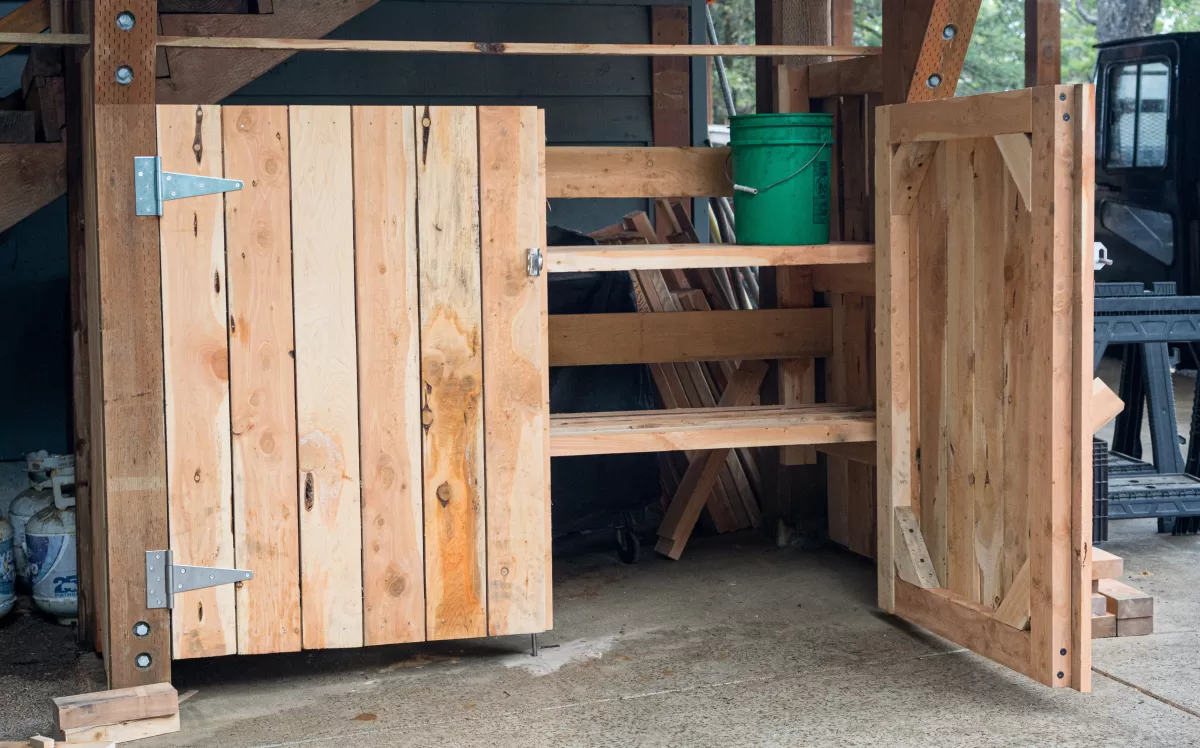
Amenities
From bamboo toothbrushes and bar soap to cardboard-wrapped pads and tampons, these are just some ways Westwind reduces waste. Guest Services Manager, Missy, has worked hard over the last year to supply Westwind with low-waste and reusable amenities for Westwind visitors. Whether you forgot your toothbrush or need soap to shower, we have options that substitute plastic waste for reusable, compostable, and recyclable materials. Additionally, all of our soaps are biodegradable, which reduces the harmful impact that many chemicals can have and is better for the overall health of our septic system.
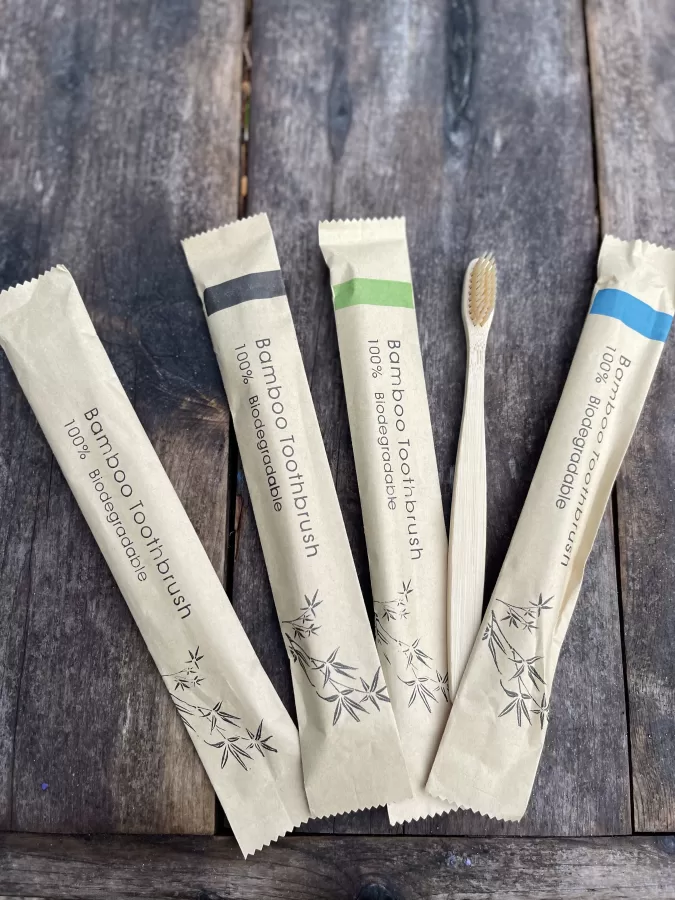
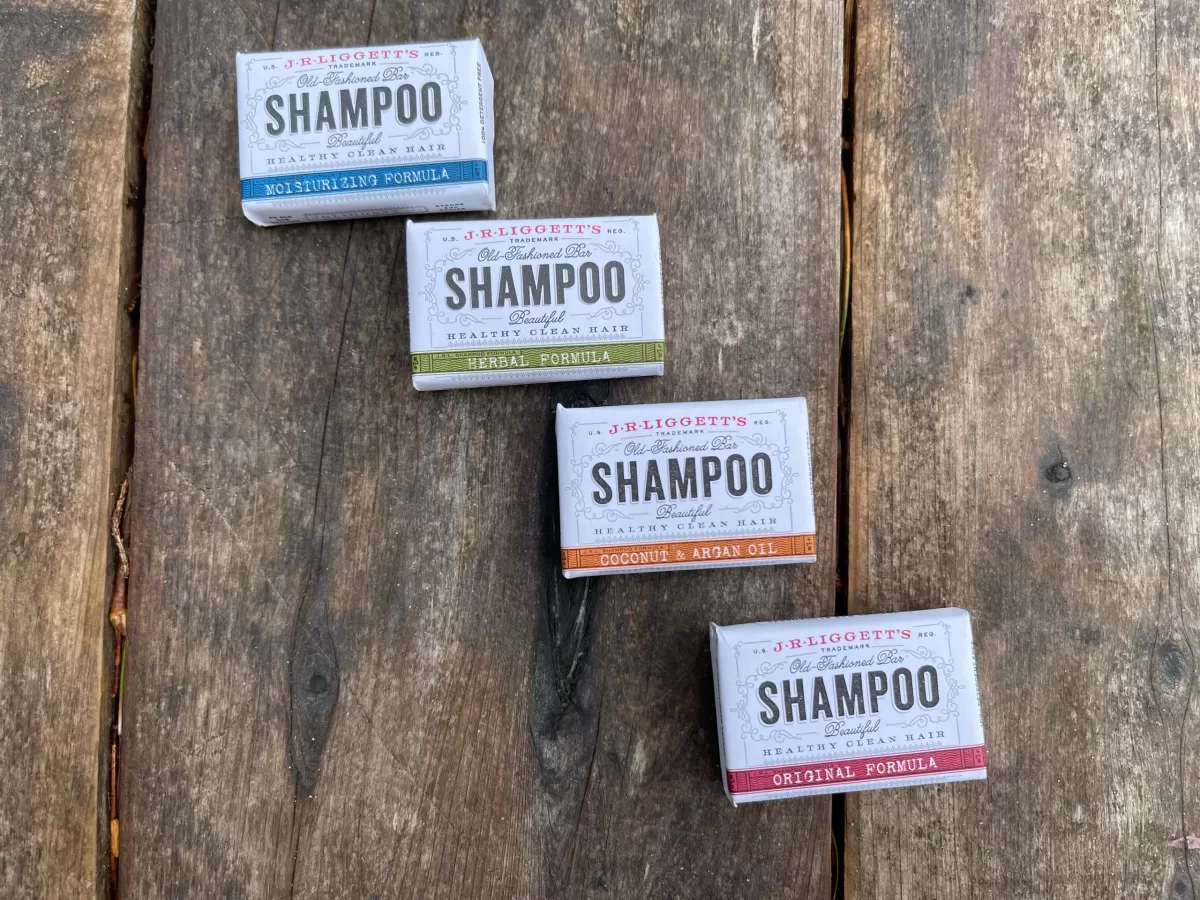
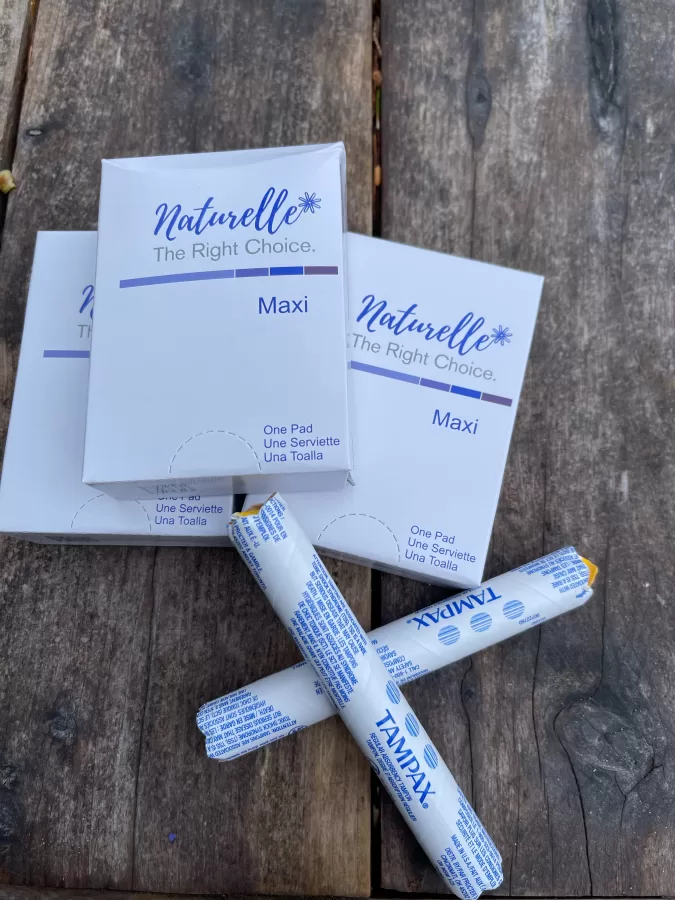
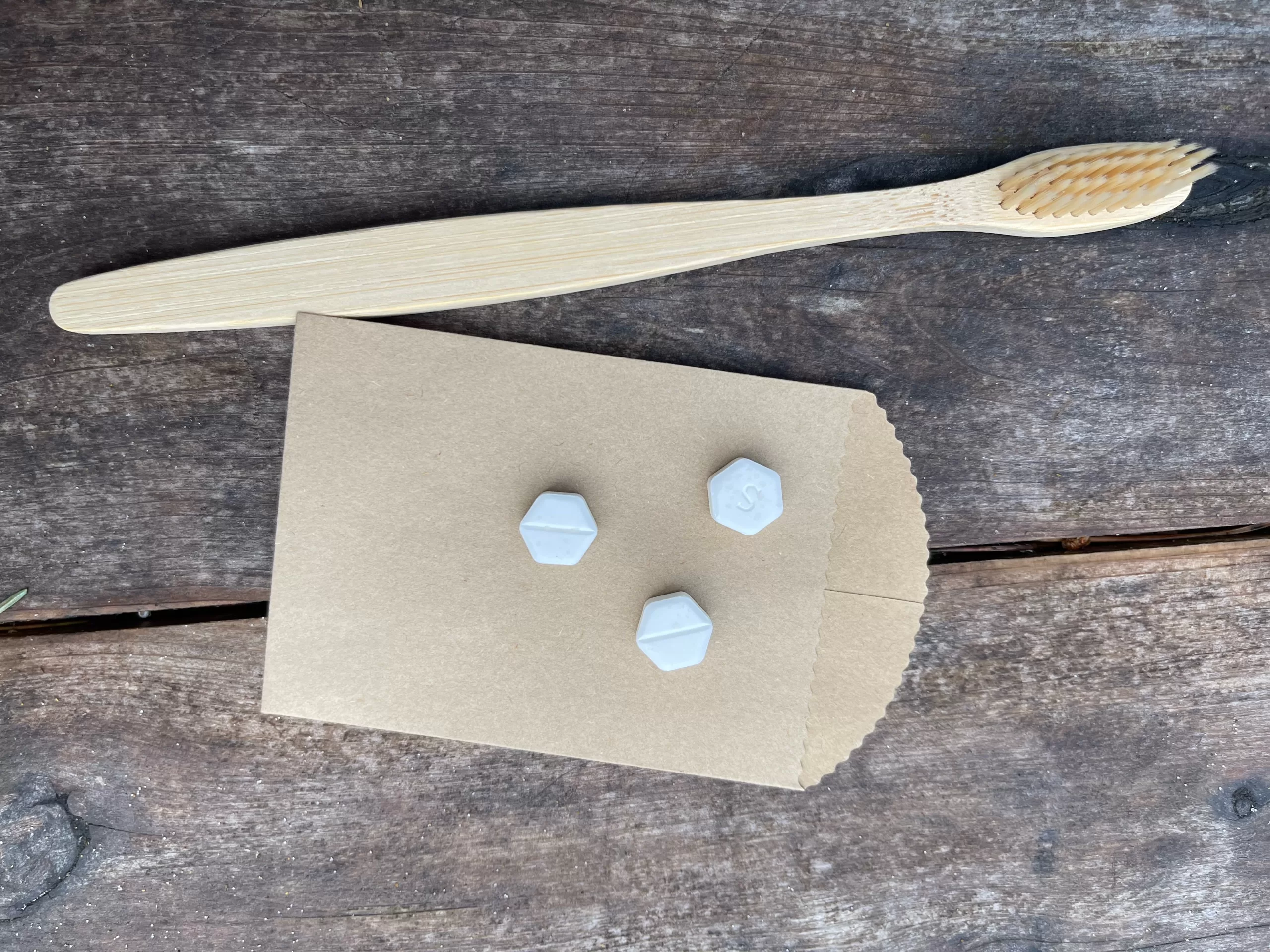
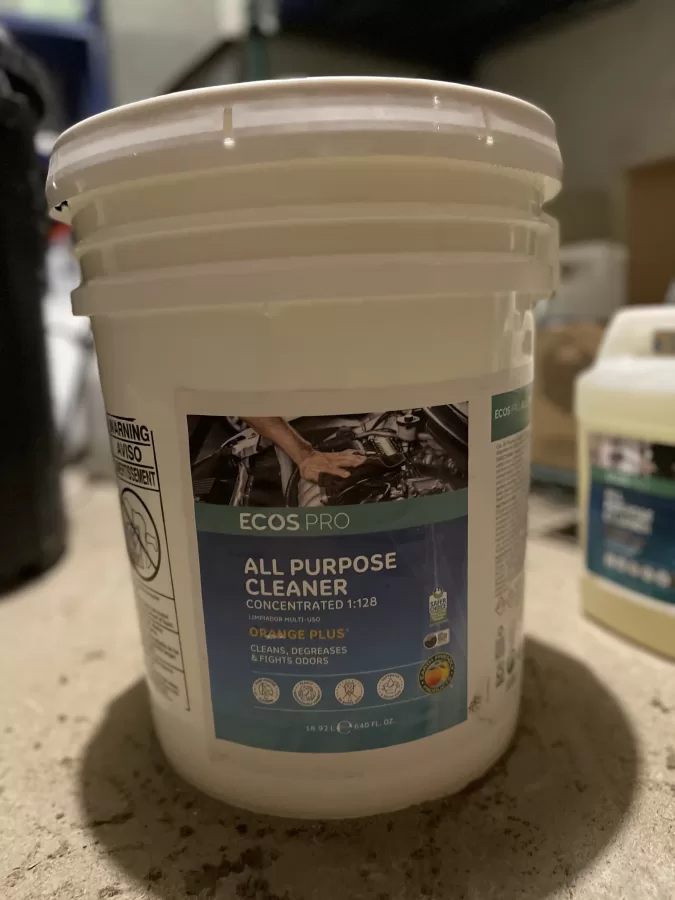
Cleaning Supplies
We source all of our cleaning supplies in bulk. Opting for large 5-gallon tubs reduces the need for small plastic containers of cleaning supplies. Many of these containers are refillable, and those that aren’t can be repurposed for many purposes throughout camp. Not only do we source our cleaning supplies in bulk, but we also only use 100% eco-friendly products, which reduce harmful runoff into the water supply and our septic system.
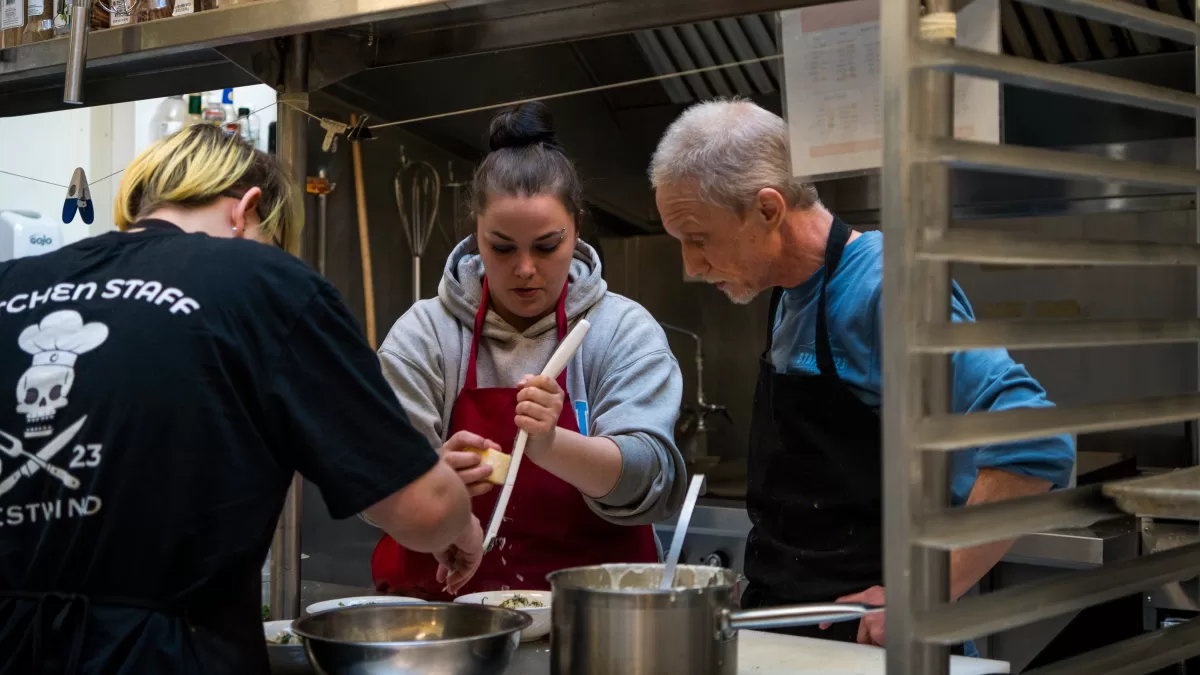
Kitchen
In the Kitchen, our manager, Allison, strives to reduce waste wherever possible. During family-style meals, initial portion sizes are kept small to minimize food waste and allow our diners to get more as they need. Leftover food is repurposed into new dishes, keeping waste low, even as group sizes and tastes change weekly. Additionally, Allison has started to connect with local farmers, ranchers, and food producers so that Westwind can source food from the coastal community.
There is no single action that helps conserve Westwind. Conservation is a constant process of choosing whenever possible to reduce consumption, reuse existing materials, and limit the amount of waste we produce. These choices help ensure that we can protect Westwind for generations to come. We invite you to learn more about conservation at Westwind and consider donating to support our mission. With your help, we can protect Westwind.
